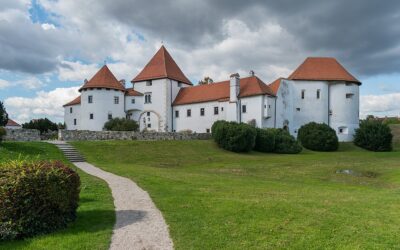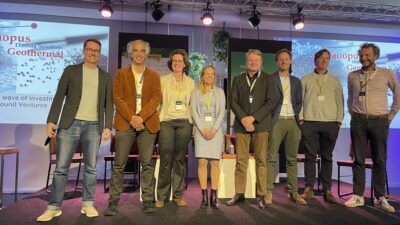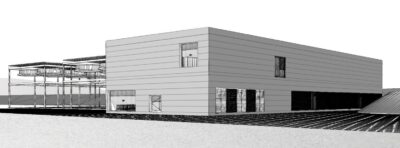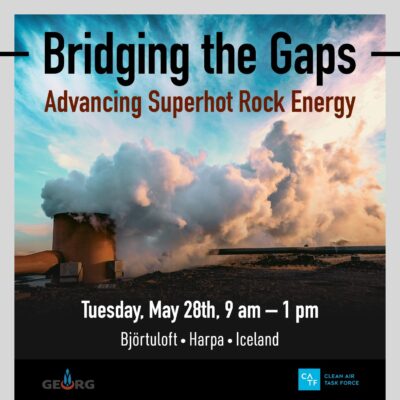Geothermal developer Hita sees Lithium option in Belgium
Early studies indicate the occurence of Lithium in geothermal resources developed by Hita in Belgium with raw material company Umicore showing interest.
The geothermal company Hita, a spin-off of the Belgian research organisation Vito reports having discovered Lithium in the water it pumps up from a geothermal well on its project site near Kempen, Belgium. This is reported by local news site De Tijd.
Umicore, a raw material producer for battery production has show interest to explore the recovery of the valuable mineral and sees a potential extraction value of EUR 150 million per year.
According to De Meyer, the CEO of Hita, that the discovery of Lithium in the underground in Antwerk and Limburg Kempen in Belgium is a first and that the concentration found makes it an interesting proposition.
The project is at a very early stage and only two deep geothermal projects are active in Flanders, the Janssen Pharma project, we reported on it and at the Vito facilities in Mol.
In the early findings in the feasibility study, which was supported by the Flemish Agency for Innovation and Entrepreneurship (Vlaio) show that there is 100 mg lithium per liter in the water. ‘That is quite significant,’ says Vito researcher Bart Michielsen. ‘Less than what was found in Alsace (250 mg) or in Italy (350 mg), but more than in the Netherlands (60 mg).’
With its supply contracts with companies such as Mercedes-Beny, TotalEnergies and Stellantis, Umicore has also been working with developer Vulcan Energy Resources in Germany on Lithium extracted from geothermal resources in the Upper Rhine area of Germany.
Hita is planning the development of about 30 geothermal facilities in Flanders/ Belgium in Antwerp and Limburg Kempen with each around 15 MW of thermal generation capacity. Ten of those are hoped to be developed by 2030.
Source: Tijd.be


















